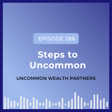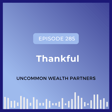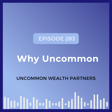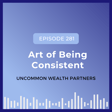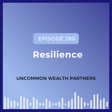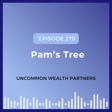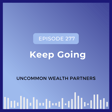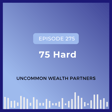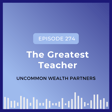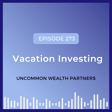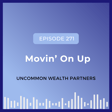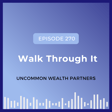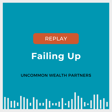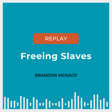
Positive Emissions
Brittany Overton, founder of Positive Emissions, joins us to discuss her unique approach to preserving family memories through life documentaries. Brittany shares her personal journey, from being a radiation therapist to pursuing her passion for storytelling. She explains how her own experiences with illness and the loss of loved ones inspired her to start documenting life stories. Brittany emphasizes the importance of capturing family history and the value it holds for future generations. She also discusses the process of creating a life documentary, from initial meetings to filming and editing.
Despite the challenges of starting a new career, Brittany's faith and the support of her husband have helped her navigate the journey. She encourages listeners to embrace change and surround themselves with a supportive community.
